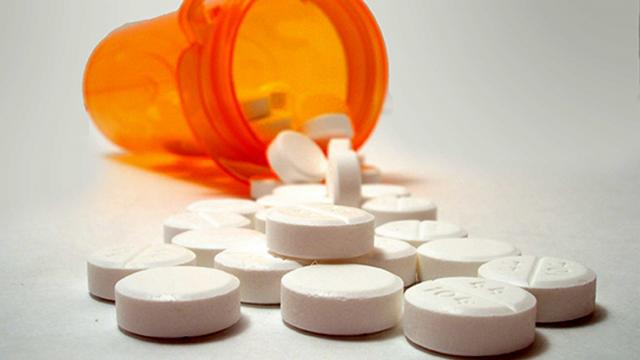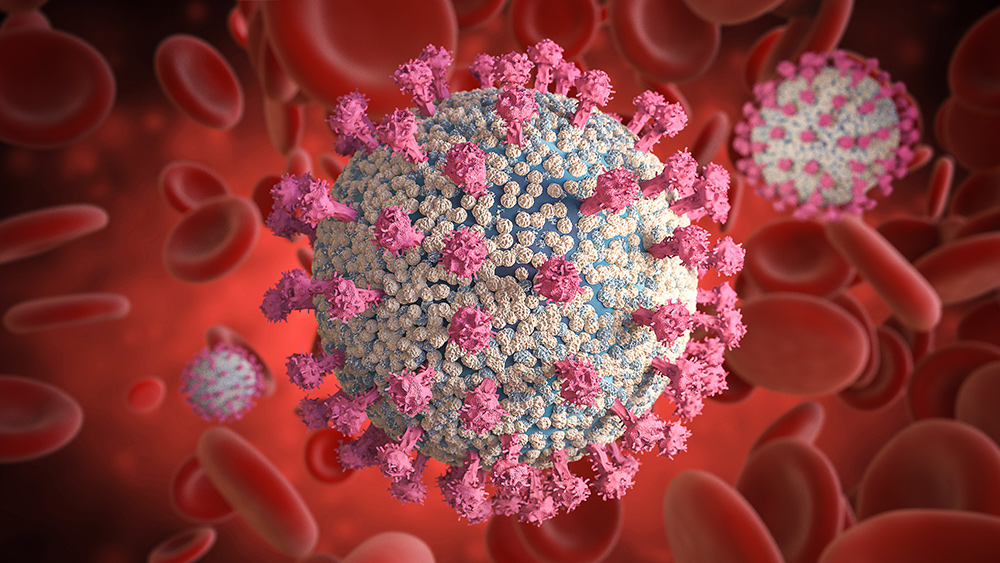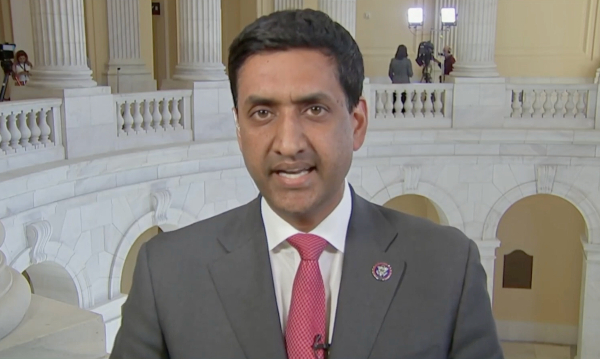 Parler
Parler Gab
Gab
- HHS Secretary Robert F. Kennedy Jr. orders an FDA review of mifepristone after new data shows 11% of women experience severe complications, far higher than the 0.5% previously claimed.
- A study of 865,727 women revealed 1 in 10 suffered life-threatening issues like hemorrhaging and sepsis, contradicting the FDA’s long-standing safety assurances.
- Kennedy called the findings alarming, signaling potential label updates or stricter protocols, though abortion activists accuse the administration of attacking women’s rights.
- Critics argue the FDA ignored risks for years, expanding access under Obama and Biden, including mail-order distribution upheld by the Supreme Court.
- The debate now centers on patient safety versus reproductive freedom, with conservatives demanding transparency while the left dismisses concerns as political maneuvering.
The hidden risks of mifepristone
The bombshell study, published last month by the conservative Ethics and Public Policy Center (EPPC), analyzed insurance claims from 865,727 women who took mifepristone between 2017 and 2023. The results were damning: 1 in 10 women suffered severe complications, including hemorrhaging, sepsis, and life-threatening infections within 45 days of taking the pill. By contrast, the FDA’s current label—based on heavily sanitized clinical trials—claims the risk of serious adverse events is a mere 0.5%. Critics argue the FDA, under both Democratic and Republican administrations, has long turned a blind eye to mifepristone’s risks. Originally approved in 2000 for use up to seven weeks of pregnancy, the agency later expanded its window to 10 weeks under President Obama. The Biden administration went further, eliminating critical safeguards like in-person dispensing requirements in a move the Supreme Court upheld last year, allowing the drug to be mailed without medical supervision.A political firestorm ahead
Unsurprisingly, abortion advocates have dismissed the new data outright. The Center for Reproductive Rights, a radical pro-abortion group, blasted Kennedy’s decision on social media, claiming "President Trump should not be making decisions about our healthcare." Yet their rhetoric ignores a fundamental question: If mifepristone is as "safe and effective" as they claim, why fear a review? FDA Commissioner Makary, who testified in March that he had "no preconceived plans" to restrict the drug, has also acknowledged the need for scrutiny. "So if the data suggests something or tells us that there’s a real signal, we can’t promise we’re not going to act on that data," he said during an April summit. That data is now impossible to ignore. The EPPC’s study—the largest of its kind—concluded that the FDA must "reconsider [mifepristone’s] approval altogether" unless it imposes stricter reporting requirements and ensures physician oversight.Protecting women or "rolling back rights"?
The coming battle over mifepristone will hinge on a simple divide: Conservatives see this as a patient safety issue, while the left frames it as a war on reproductive freedom. But the facts are undeniable. The FDA’s own trials—conducted in controlled settings with rigorous medical oversight—never reflected the real-world harm now evident in post-market data. This isn’t about banning abortion; it’s about ensuring women aren’t lied to. Mifepristone’s current label is a relic of pharmaceutical propaganda, downplaying risks to advance a political agenda. If the FDA revises its warnings or reinstates basic safeguards, it won’t be an assault on "choice"; it will be a long-overdue admission that corporate and government negligence has put women at risk. As the review unfolds, expect hysterical claims from the left. But for the millions of women who’ve suffered in silence, the truth can’t come soon enough. Sources for this article include: TheEpochTimes.com NYPost.com Hawley.Senate.govHHS to stop recommending routine COVID-19 injections for kids and pregnant women
By Ramon Tomey // Share
Florida becomes second state to ban fluoride in public drinking water
By Laura Harris // Share
The hidden dangers of BHA in cosmetics: A closer look at this controversial additive
By Zoey Sky // Share
Rep. Ro Khanna introduces bill to codify Trump EO slashing drug prices
By Ramon Tomey // Share
Irish government to legalize retrospective facial recognition technology
By Laura Harris // Share
Governments continue to obscure COVID-19 vaccine data amid rising concerns over excess deaths
By patricklewis // Share
Tech giant Microsoft backs EXTINCTION with its support of carbon capture programs
By ramontomeydw // Share
Germany to resume arms exports to Israel despite repeated ceasefire violations
By isabelle // Share










